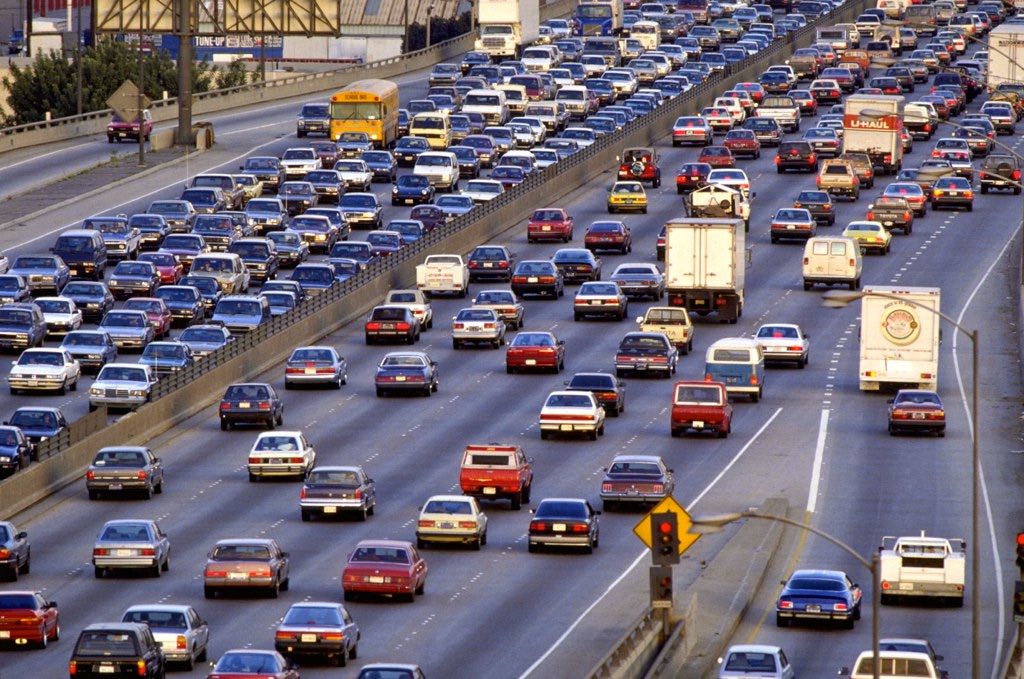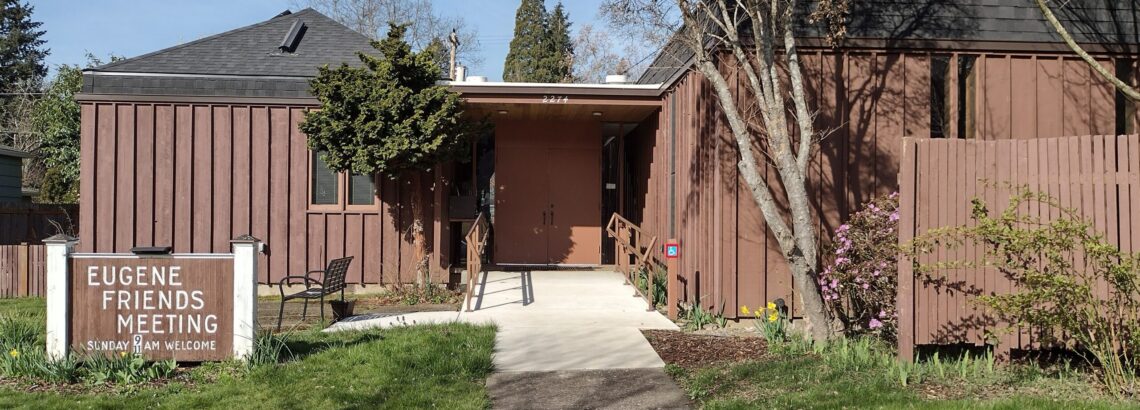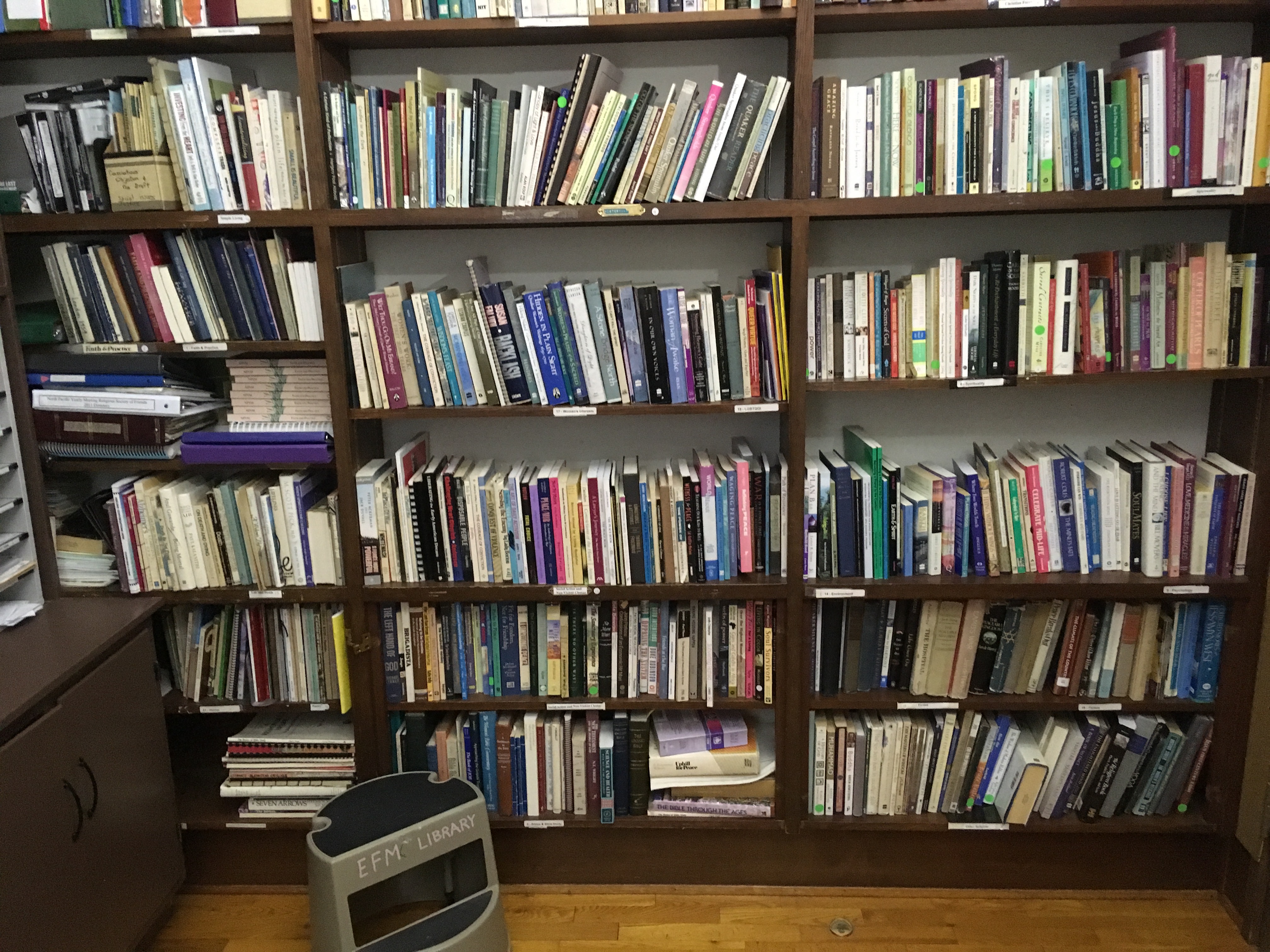
Americans have a vast and insatiable love of cars. Cars define coming of age for many young people, and symbolize freedom and prestige. They seemingly make our lives simpler and more efficient…
But they also have an enormous cost: They determine the use of our streets, affect the quality of the air we breathe, cost us time and tension with traffic jams, and lives lost in collisions. We have all given up acres of this precious earth to parking and highways, and gas-powered vehicles contribute 95 percent of transportation-related greenhouse gas emissions.
Car culture is the accepted norm. As biking columnist Shannon Johnson puts it in a Bike Portland article:
“‘Car culture’ refers to the specifically car-centric, car-dominant, car-prioritizing, and car-biased beliefs/habits/behaviors and policies that make up the typically unconscious accepted norms of our wider society.”
When we are surrounded and submerged in car culture, it’s hard to see another way. Cars shape the design of our cities and suburbs, and our infrastructure encourages individual car use. We have designed our cities so that having a car is not a luxury but a necessity. (For more on the history of how this came to be, see Car Culture: Everything You Need to Know.)
What can we do about it? How do we change the culture?
Most obviously, the best starting point is to change ourselves, and begin to question some of our assumptions about our daily travel habits. But we can also take part in city and state planning, to reimagine modes of transportation and infrastructure that are healthier for human communities, bodies, and the planet.
In a Friends Journal article called Questions for Quakers about Cars, Benjamin Vail says:
“It took many years for Friends to gain clarity over how to act against slavery. It may take time for Friends to consider the implications of car use and decide on appropriate responses. Certainly this is an issue for prayerful reflection and community discussion. Perhaps we can be inspired to find new, creative ways to limit our involvement in the car culture. Lifestyle changes like carpooling, bicycling, and walking would be a start. … At virtually every meetinghouse on Sunday morning, you will see a parking lot full of cars—often bearing bumper stickers against war and other injustices. We should ask ourselves how the car itself may contribute to the very problems we seek to resolve.”
Join me on Sunday, May 19, for Bike or Walk to Meeting Day! I’ll bring cake!


